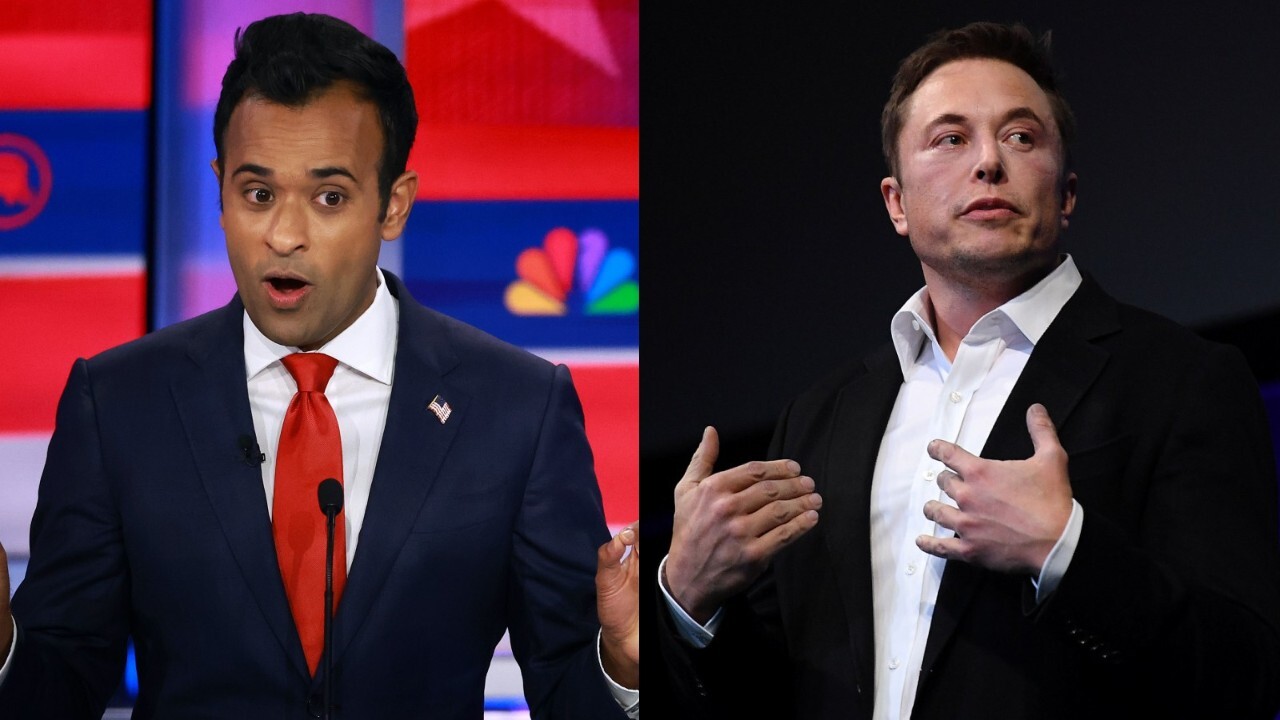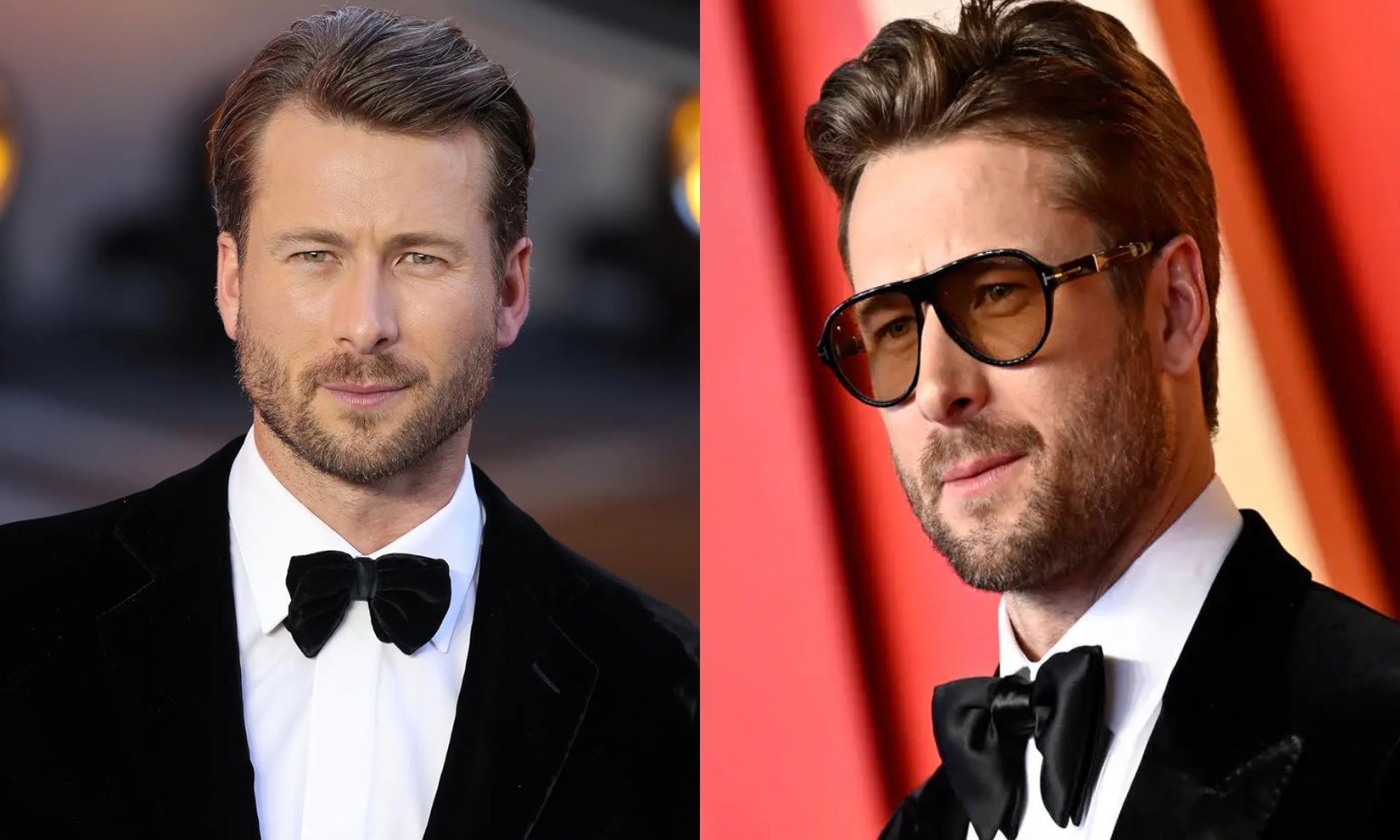I thought about mental models when Elon Musk and Vivek Ramaswamy released an op-ed in The Wall Street Journal making their first major statement about the soon-to-be-created Department of Government Efficiency, or DOGE. In some ways, I liked what I read. I share their conviction that government has become too bureaucratized, rigid, and slow. I agree that radical change is needed.

For support, they point to two recent Supreme Court cases, Loper Bright v. Raimondo and West Virginia v. EPA. In the first, the Court overturned the doctrine of Chevron deference. As a result, the federal courts will no longer defer to agencies when those agencies interpret ambiguities in the laws that they administer. In the second, the Supreme Court admonished the EPA after it adopted a creative approach to reducing greenhouse-gas emissions. Only Congress, the Court said, can resolve “major” economic or political questions.
A few days after Loper Bright came down, for example, the National Park Service banned bear baiting under a law telling it “to conserve … the wild life” of the parks. It’s very hard to see anything “illicit” about such a routine exercise of delegated power. The U.S. Code is full of delegations like this because Congress doesn’t have the bandwidth or the expertise to establish every detail of government programs. Instead, it writes general laws and instructs agencies to fill in the specifics. And agencies still get deference, even under Loper Bright, when they act within “the boundaries of th[eir] delegated authority.”
Don’t get me wrong, there are lots of dumb rules. It’s just that most of those rules are squarely within their agency’s remit. Although that doesn’t make them any less dumb, it does mean that pointing to Loper Bright and West Virginia v. EPA won’t help get rid of them.
What’s more, Musk and Ramaswamy get it backwards when they say that the cases give them extra powers to undo existing regulations. In fact, the cases constrain their authority. Imagine that an agency, for example, has an old rule on the books that is based on an interpretation of the law that DOGE dislikes. Before Loper Bright, the agency could have changed that interpretation so long as the new interpretation was also “reasonable.” The agency was free, in other words, to toggle between different ways of reading an ambiguous law.
After Loper Bright, toggling is verboten. An agency that has already adopted the soundest interpretation of a law can’t change its mind. It’s stuck. If the agency were to try to adopt a new reading of the law—perhaps one that DOGE prefers—and to use that to justify rescinding the rule, the courts would stop the agency. Saying that Loper Bright gives DOGE flexibility is about as sensible as saying that handcuffs help when throwing a baseball.









